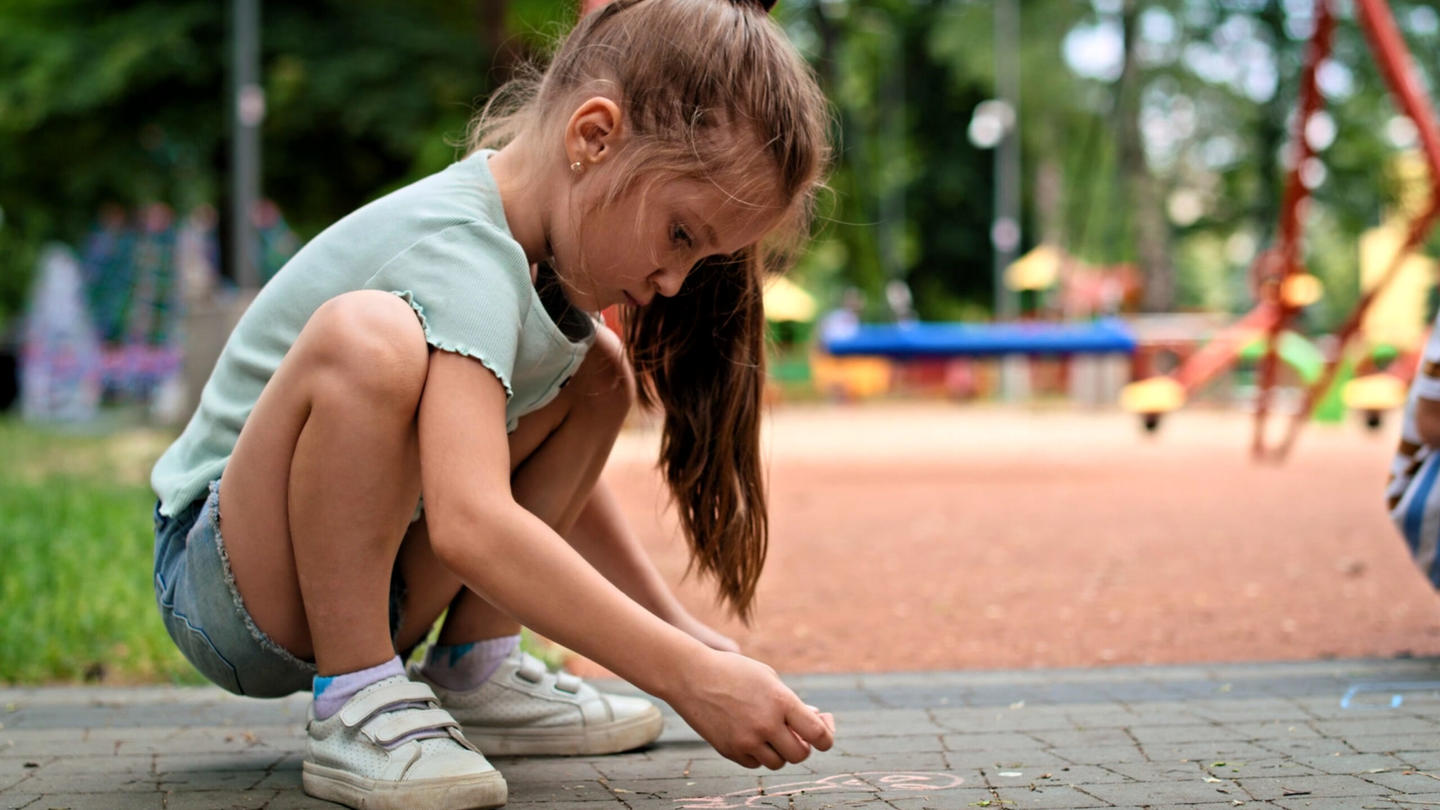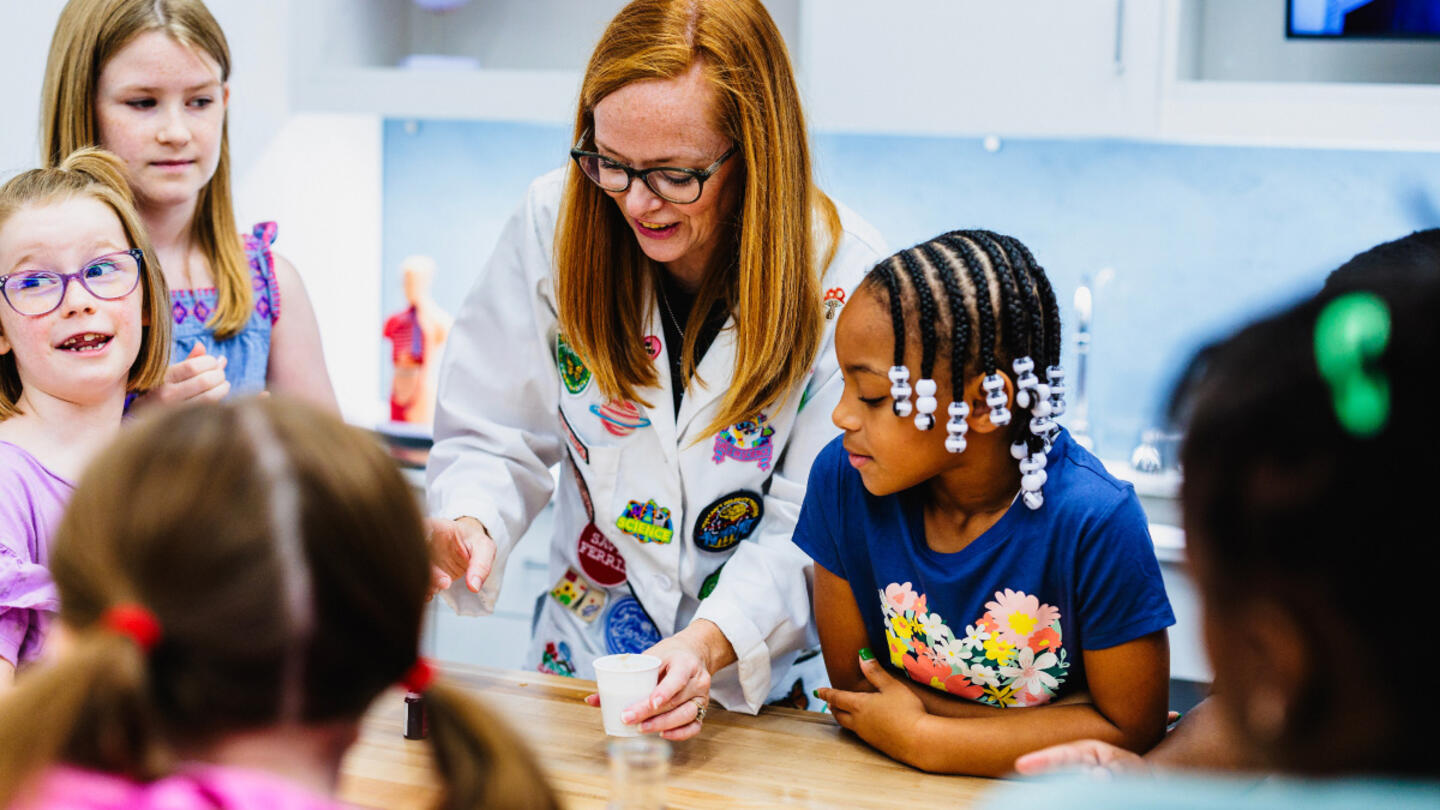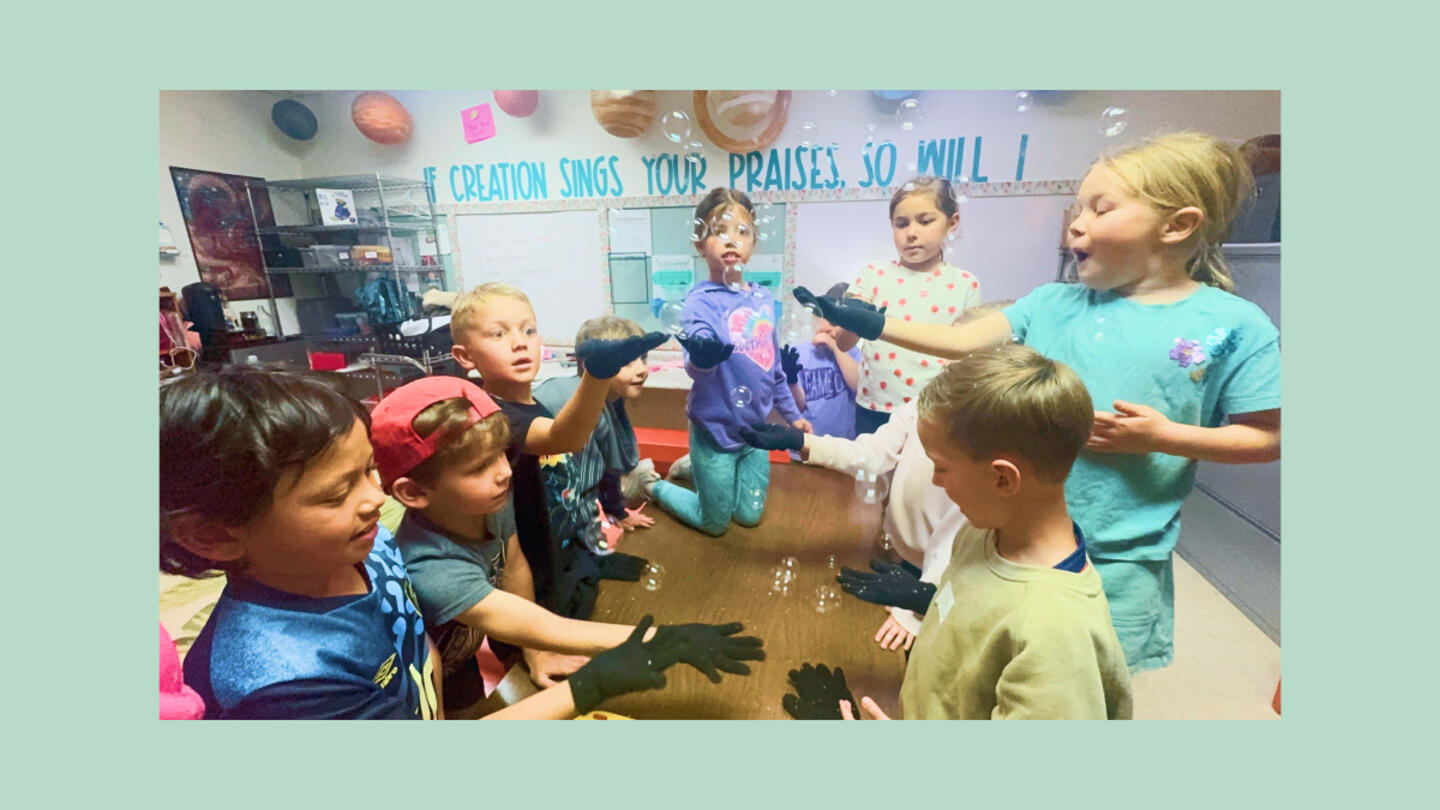Peter Gray is an evolutionary psychologist and research professor at Boston College who believes that being a kid today is a full-time job. And he believes this "job" — full of hours of school, structured activities, and sports — is taking away from the most important thing a child should be doing: Unstructured and self-directed play.
But what is play?
Play is defined by Gray as "an activity that is self-chosen and self-directed. It's just something you do because you wanna do it, and the importance of play in a child's development cannot be overstated." Gray notes that school activities, even those outside the classroom, are not play. Neither are sports.
Children who play are on a journey of self-actualization. Losing that time, Gray explains, means children don't get to imagine, create, daydream, and laugh.
Changing School Calendars Is Limiting Self-Directed Play
Time is fleeting in childhood, even in the best of times. And today's kids have fewer hours of free time. Their after-school time and vacation breaks are getting shorter and shorter.
This could change even sooner. A combination of the perceived learning losses incurred during the COVID-19 pandemic and the general concern about academic slides during summer vacation has some states and school districts considering moving to year-round school calendars. This would shorten summer vacation to a couple of weeks in many cases.
That's the approach in South Carolina, where one-quarter of districts will use year-round calendars in 2022–23. In Washington State, 45 districts have received state grants to assess the potential and practicality of year-round calendars.
Gray says that by the time a child graduates from high school, right when they hear the "follow your passions to live a meaningful life" speech, they've had fewer hours to even know themselves. Gray asks: How can someone who spent the last 14 years of life in a loop of predetermined learning, training, and adding up scores know how to follow their passion?
Importance of Self-Directed Play in a Child's Development
"Those mammals that have the most to learn, play the most," says Gray, who has studied many adolescent mammals. The one thing they all have in common? Play. Play is an essential step in development. All young mammals play and practice the skills that are important for their survival.
Children naturally want to play, says Gray. It's built into our genes. Through play, he explains, children learn how to measure and take risks, to function in community with each other, and to build things using intuition and imagination. They learn how to initiate and direct their own activities.
Play lets children engage in hypothetical thinking at a young age. As they mature, they learn critical thinking skills. These later mental skills have their foundation in early play-driven imaginative and hypothetical thinking.
And to drive a point, this is not something that children need to be taught how to do. Gray's research revealed that all animals, especially mammals, play instinctually. So why turn away from a built-in natural form of learning? Why replace it with the more restrictive and controlled forms of learning accepted in our culture today?
Self-directed Play is a Solution to the Mental Health Epidemic in Schools
In the early 1980s, a book came out titled "A Nation at Risk." It was a government report researched and written by the United States National Commission on Excellence in Education. The book claimed that the U.S. was falling behind other countries in education. This claim led to a fundamental shift in education toward results-driven models that rely on test scores.
Gray explains how recess time, homework-free evenings, and even vacation periods were sacrificed in service of improving test scores.
"It's not surprising that over the same period of time, there has been a continuous decline in children's freedom to really be children. There has been a continuous increase in all sorts of mental disorders," says Gray. "When we deprive children of play, we are taking away the activity that makes them most happy."
The benefits of play are well-documented. A 2018 paper in the journal Pediatrics said it plainly: "Play is not frivolous."
Gray agrees that play is much more than fun. The short-term benefits of play are happiness and satisfaction, he says. In the long term, children who are allowed and encouraged to play gain skills needed for success and fulfillment in life.
Self-directed play holds a treasure of benefits for kids. Gray encourages children's educators and parents to roll the structure back and give kids more time for self-direction. "Children need time away from adults in order to come to realize they themselves can be powerful," says Gray.
Instead of our education system teaching children that external rewards and statistics are important, we can teach them to find confidence and happiness in themselves. We can expect children to discover satisfaction in their own efforts and a sense that they are contributing in some real way to the world.
"Children, by nature, want to get out and do things that are adventurous," Gray says. "They want to do things that are a little challenging. We have to let them do that more."
Learn more about Stand Together's education reform efforts.



